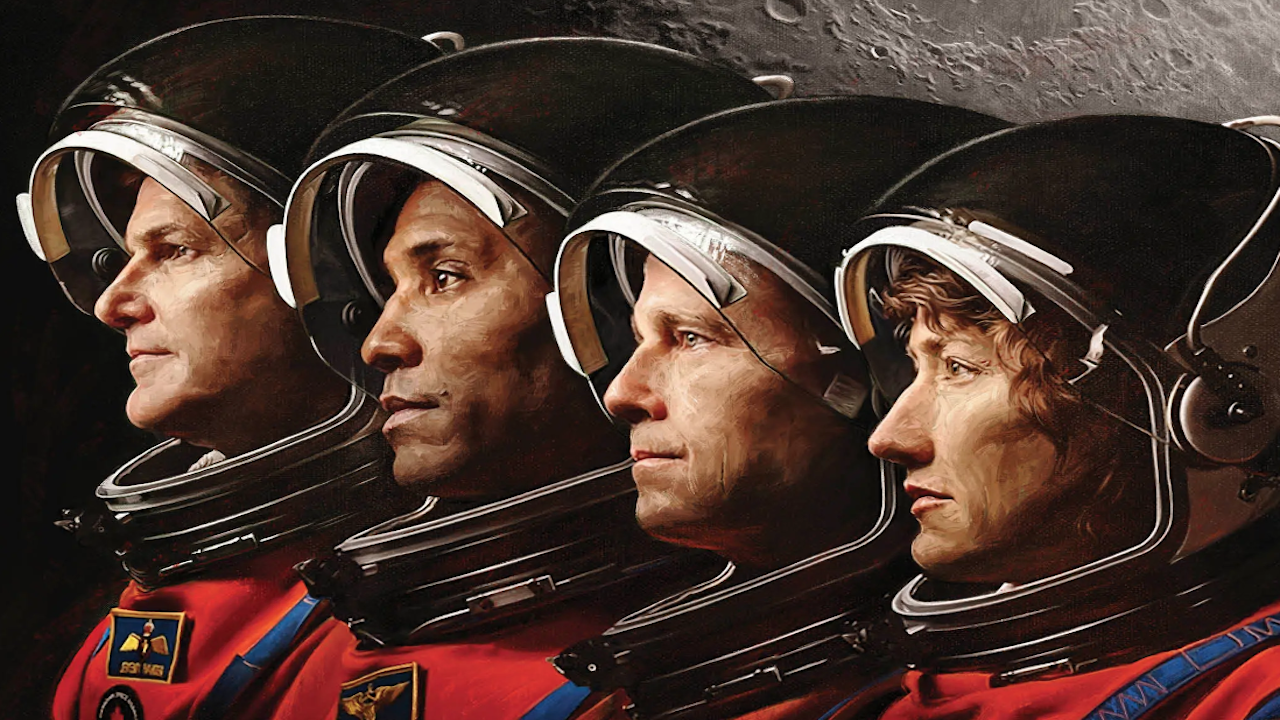Virgin Orbit targeting this summer for 1st-ever orbital launch from UK soil
The California-based company has three straight successful orbital missions under its belt.

On the heels of a third straight successful launch from California earlier this year, Virgin Orbit plans to extend its liftoffs to the United Kingdom.
The company aims to launch for the first time this summer from Spaceport Cornwall, in the western United Kingdom, Virgin Orbit announced on Wednesday (March 9).
The mission will loft a satellite for Space Forge, an in-space manufacturing startup based in Wales. The coming flight will be the first orbital mission ever to launch from the UK and the first to carry a satellite developed in Wales, the companies said.
In photos: Virgin Orbit's LauncherOne rocket for satellite missions
"We're thrilled to be making UK history with our first launch," Space Forge CEO Joshua Western said in Wednesday's statement. Space Forge wants to test a new mini-space manufacturing factory called ForgeStar, which (when operational) will seek to return to Earth products made in space.
"We will demonstrate the use of space for good through in-space manufacturing and reliable return, and it's brilliant that both Virgin Orbit and Spaceport Cornwall share our ambitions," Western said. "This is the start of a great collaboration, and we are so excited to see where it goes."
Virgin Orbit conducts its launches using a modified Boeing 747 carrier aircraft called Cosmic Girl, which totes a rocket called LauncherOne beneath its wing to deploy satellites in space.
Breaking space news, the latest updates on rocket launches, skywatching events and more!
Virgin Orbit says the 70-foot-long (21 meters) LauncherOne, which can launch up to 1,100 pounds (500 kilograms) per mission, has an advantage over traditional vertically launched rockets, as air-launched missions are more responsive and flexible.
Virgin Orbit is part of the same group as space tourism provider Virgin Galactic; both companies belong to billionaire Richard Branson's Virgin Group. Virgin Orbit's debut orbital test launch in May 2020 failed after a fuel line in the rocket's first stage burst. The company recovered to post three straight successful launches in 2021 and 2022.
In January, Virgin Orbit said it plans to launch five more missions in 2022, including two from Spaceport Cornwall. The other three will lift off from Mojave Air and Space Port, the takeoff point of all Virgin Orbit missions to date.
"The Cornwall launches are targeted around the middle of the year — summertime," Virgin Orbit CEO Dan Hart said during a media call on Jan. 11.
"That's predicated on getting through the licensing process successfully and some of the logistics, but that is what we're driving for," he said. "And [the first Cornwall flight] will be the first launch ever from UK soil and the first [orbital] launch ever from the European area."
Virgin Orbit is also seeking other locations to launch from. Early possibilities could include Guam, Japan and Brazil, with more long-range opportunities potentially in play in Australia and "several European countries, as well as countries in other areas," Hart added.
Follow Elizabeth Howell on Twitter @howellspace. Follow us on Twitter @Spacedotcom and on Facebook.

Elizabeth Howell (she/her), Ph.D., was a staff writer in the spaceflight channel between 2022 and 2024 specializing in Canadian space news. She was contributing writer for Space.com for 10 years from 2012 to 2024. Elizabeth's reporting includes multiple exclusives with the White House, leading world coverage about a lost-and-found space tomato on the International Space Station, witnessing five human spaceflight launches on two continents, flying parabolic, working inside a spacesuit, and participating in a simulated Mars mission. Her latest book, "Why Am I Taller?" (ECW Press, 2022) is co-written with astronaut Dave Williams.
